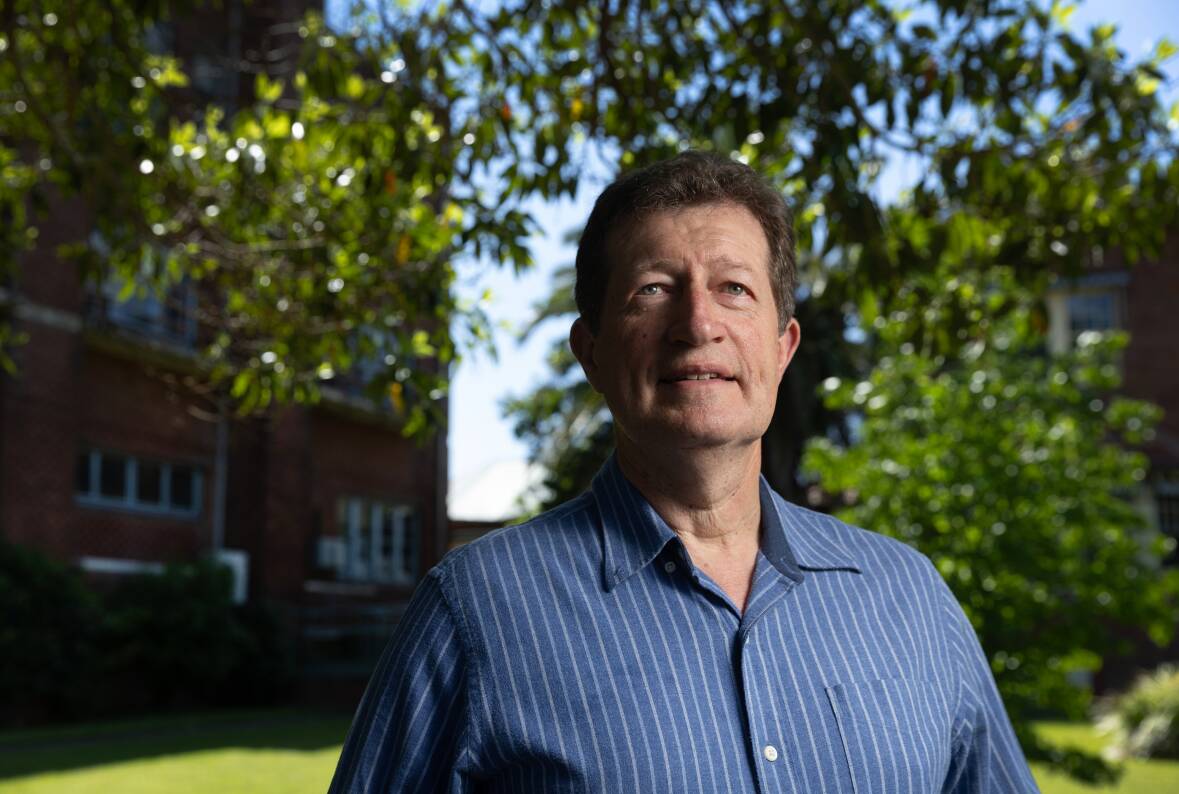
More than 30 whooping cough cases have been recorded in Hunter-New England this year, the most since COVID restrictions stopped many bugs from spreading.
Hunter New England Health physician David Durrheim said "we get waves of whooping cough every three to four years".
"It's horrible that it's bouncing back. Little kids are at tremendous risk," Dr Durrheim said.
He urged people to consider a booster for the disease.
"The vaccine is life saving. The protection it offers lasts three to four years," he said.
Dr Durrheim said 34 cases of whooping cough had occurred in the district this year, equalling the entire number of cases reported last year.
The last time those figures were seen in the district was January and February 2020.
Rates were much higher before the pandemic.
In August 2018, 202 cases were recorded - the highest monthly figure in three years.
Dr Durrheim said children in the first year of life were most at risk.
"That's the age where they can get very severe disease that sees them in ICU," he said.
"They can stop breathing and eating because they're coughing so much. It can be that severe that they can fracture a rib."
Vaccination for the disease occurs at ages 2 months, 4 months, 6 months, 18 months and 4 years under the national immunisation program.
"One of the great innovations in the last 10 years was giving mum a booster during the latter part of pregnancy," Dr Durrheim said.
The antibodies that mothers produce from the vaccine are transmitted through the placenta to their babies.
"So the newborn is protected during that period," he said.
Vaccinating a mother's partner also helped to "provide a cocoon of protection around the little one".
"A lot of mums are quite careful in who they allow to see their baby, which is excellent," he said.
Many mums now ask people who want to see their babies to get the vaccine.
Dr Durrheim said the disease's persistent hacking cough could last for three months.
"It's known as the 100-day cough," he said, adding it was worse at night and affected sleep.







